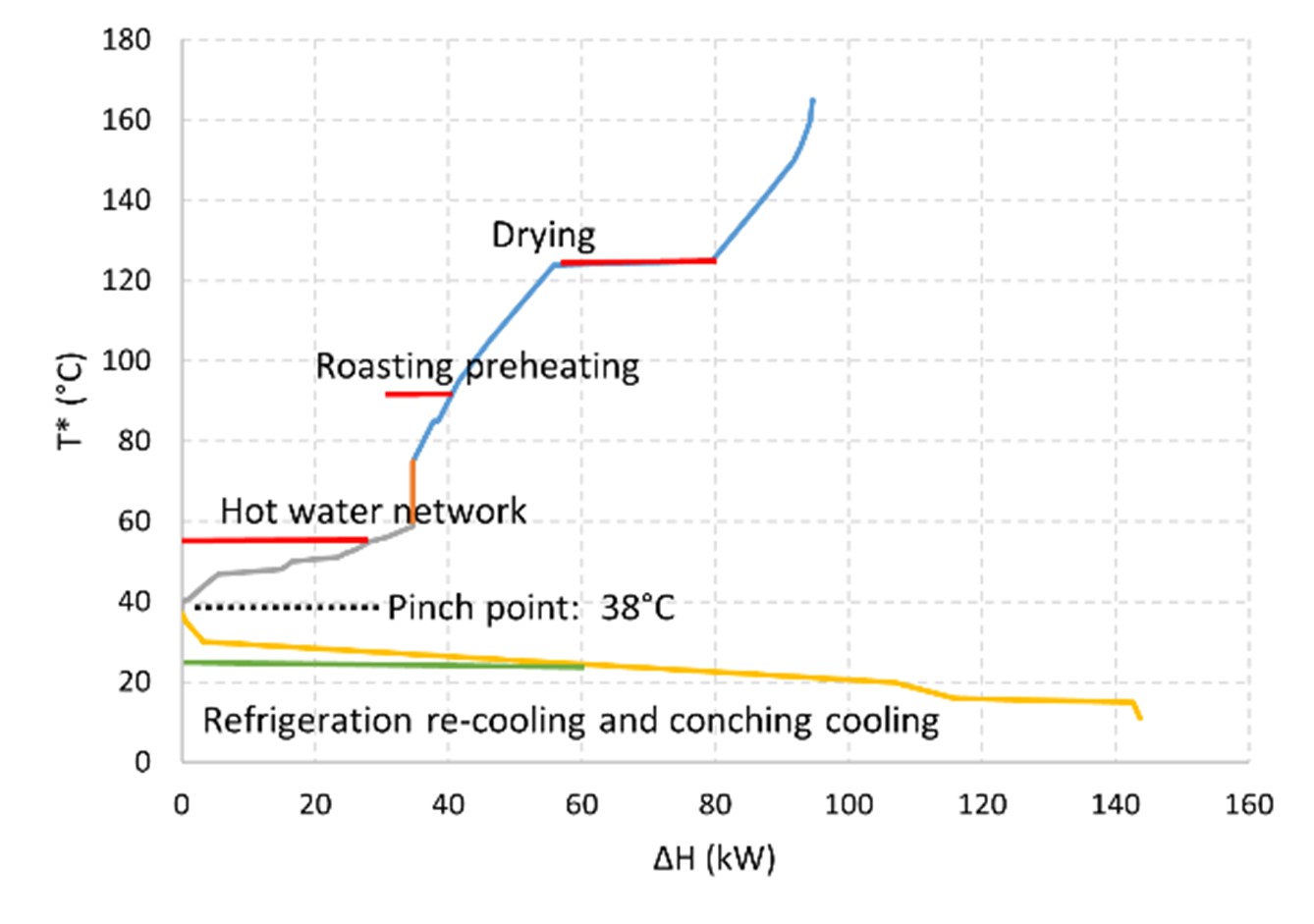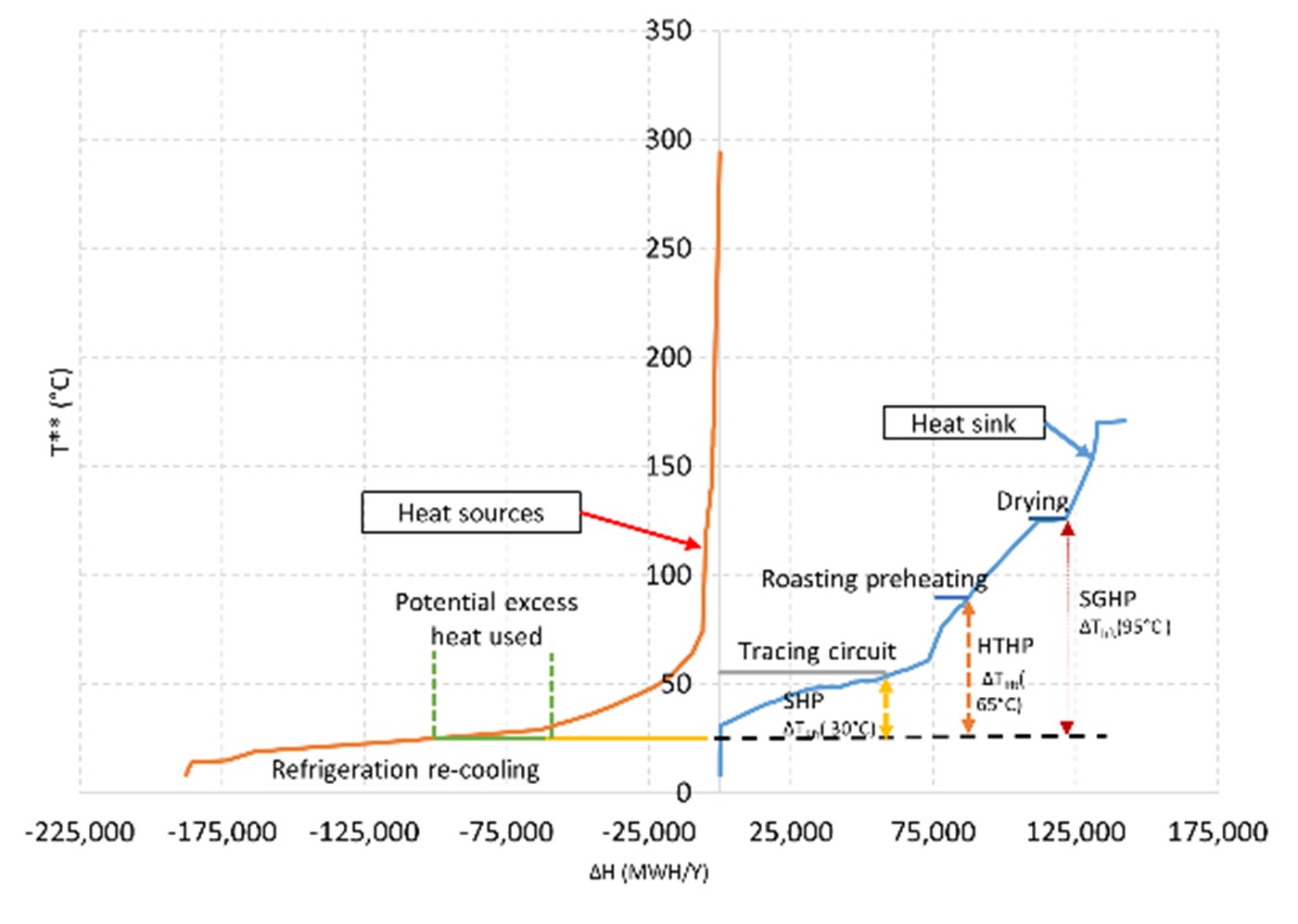Decarbonizing industrial processes is crucial for achieving net-zero targets, with process heat electrification emerging as a key pathway. Heat pumps (HPs) are pivotal for this transition. However, a comprehensive knowledge of thermal energy demands, excess heat sources, and the corresponding temperature levels is imperative for optimum heat pump integration.
The paper published by UNIGE-EE jointly with HSLU-TEVT in May 2024 builds on the previously published methodology of sector-wide profiles. It introduces a concept of exemplar energy demand profiles. These profiles can be tailored to represent different production capacities and scales, ranging from product-specific to sector-wide levels. By leveraging these profiles, the study identifies key integration opportunities for HPs that are both economically viable and environmentally impactful.
The findings indicate that heat pumps with a coefficient of performance (COP) greater than 2.6 are generally cost-effective, except for the smallest companies. Importantly, sector-wide integration of HPs could potentially reduce CO2 emissions by up to 56% and decrease total final energy demand by up to 28%. These results underscore the vital role of HPs in decarbonizing industrial processes and highlight significant opportunities for achieving substantial energy savings and emission reductions in the Swiss chocolate industry.

